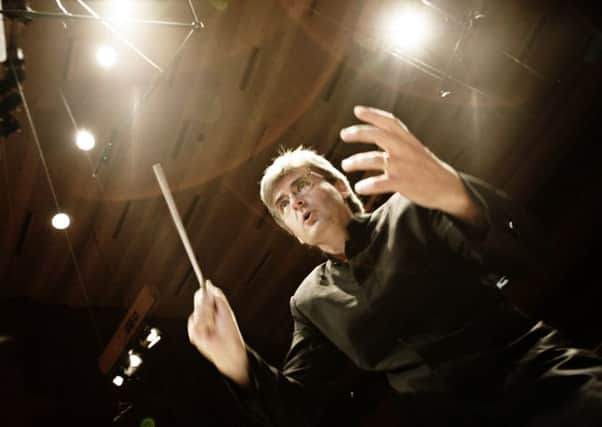Music review: BBC SSO, Glasgow Cathedral


BBC SSO, Glasgow Cathedral ***
Such an opportunity arose on Thursday, in the conducive setting of Glasgow Cathedral, where the sprawling forces of an expanded BBC SSO – a seemingly endless column of musicians stretching the entire length of the vast nave and choir, straddled by the audience – combined with the house organ and singers from the Royal Conservatoire of Scotland to deliver this extraordinary creation.
Written a century ago by the unorthodox Danish composer, it is an intoxicating example of blue-sky thinking at a time when music was in a state of chaotic revolution. Langgaard throws aside dogma and formalism to make a powerful statement that paradoxically looks backwards and forwards.
Advertisement
Hide AdThe opening atmospheric clusters preempt Ligeti, the prototype minimalism ahead of its time, but equally the momentary hovering ghosts of Strauss and Wagner’s Rheingold are like shadows to be cast aside. If there’s anything Danish, it’s those hymn-like reminiscences of Carl Nielsen.
Ultimately, though, this 40-minute soundscape is a complete hybrid, a musical enema aimed at clearing the mind of traditional expectation. The performance under Thomas Dausgaard could have been tighter, but the aural experience (enhanced by the surrounding architecture) was nonetheless vivid and stimulating.
The concert opened more conventionally with a Haydn symphony and the stunningly radiant voice of soprano Rowan Pierce in four Strauss songs.
KEN WALTON